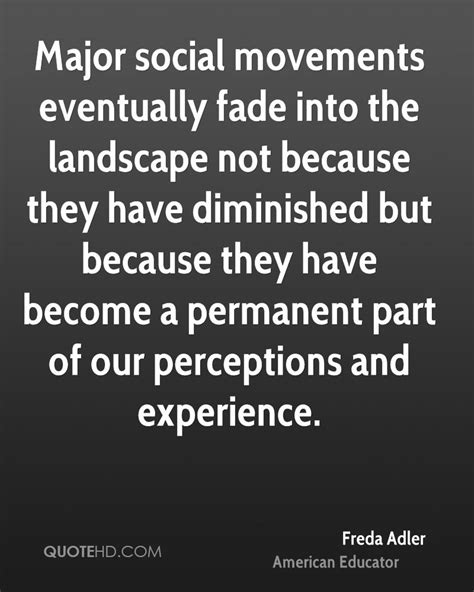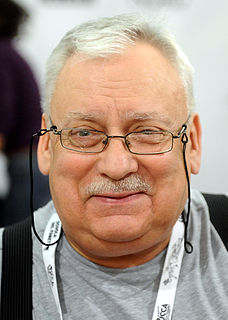A Quote by Thucydides
Of the gods we believe, and of men we know, that by a necessary law of their nature they rule wherever they can.
Related Quotes
Thus the law of nature stands as an eternal rule to all men, legislators as well as others. The rules that they make for other mens actions, must, as well as their own and other mens actions, be conformable to the law of nature, i.e. to the will of God, of which that is a declaration, and the fundamental law of nature being the preservation of mankind, no human sanction can be good, or valid against it.
The gods have fled, I know. My sense is the gods have always been essentially absent. I do not believe human beings have played games or sports from the beginning merely to summon or to please or to appease the gods. If anthropologists and historians believe that, it is because they believe whatever they have been able to recover about what humankind told the gods humankind was doing. I believe we have played games, and watched games, to imitate the gods, to become godlike in our worship of eachother and, through those moments of transmutation, to know for an instant what the gods know.
Men create their own gods and thus have some slight understanding that they are self-fabricated. Women are much more susceptible, because they are completely oppressed by men; they take men at their word and believe in the gods that men have made up. The situation of women, their culture, makes them kneel more often before the gods that have been created by men than men themselves do, who know what they've done. To this extent, women will be more fanatical, whether it is for fascism or for totalitarianism.
I worship impersonal Nature, which is neither "good" or "bad", and who knows neither love nor hatred. I worship Life; the Sun, Sustainer of life. I believe in the Law of everlasting struggle, which is the law of life, and in the duty of the best specimens of our race - the natural élite of mankind - to rule the earth, and evolve out of themselves a caste of supermen, a people 'like unto the Gods'.
There is in fact a true law namely right reason, which is in accordance with nature, applies to all men and is unchangeable and eternal. ... It will not lay down one rule at Rome and another at Athens, nor will it be one rule today and another tomorrow. But there will be one law eternal and unchangeable binding all times and upon all peoples.
Wizards don't believe in gods in the same way that most people don't find it necessary to believe in, say, tables. They know they're there, they know they're there for a purpose, they'd probably agree that they have a place in a well-organised universe, but they wouldn't see the point of believing, of going around saying "O great table, without whom we are as naught." Anyway, either the gods are there whether you believe in them or not, or exist only as a function of the belief, so either way you might as well ignore the whole business and, as it were, eat off your knees.
I studied law before I became a filmmaker, and I actually have a great belief in the justice system and the rule of law. I think it's the thing that separates us from animals. I really believe in the rule of law because it's an attempt to bring rational accountability to human behavior, which has a great capability of becoming irrational.
Democracy only has substance if there's the rule of law. That is, if people believe that the votes are going to be counted, and they are counted. If they believe that there's a judiciary out there that will make sense of things if there's some challenge. If there isn't rule of law, people will be afraid to vote the way they want to vote.
There is nothing grand or noble in having the use of a slave, in so far as he is a slave; or in issuing commands about necessary things. But it is an error to suppose that every sort of rule is despotic like that of a master over slaves, for there is as great a difference between the rule over freemen and the rule over slaves as there is between slavery by nature and freedom by nature . .
There are those who argue that the concept of human rights is not applicable to all cultures. We in the National League for Democracy believe that human rights are of universal relevance. But even those who do not believe in human rights must certainly agree that the rule of law is most important. Without the rule of law there can be no peace.
You've a right to believe that we're governed by Nature and the hidden Force within her. You can think that the gods, including my Melitele, are merely a personification of this power invented for simpletons so they can understand it better, accept its existence. According to you, that power is blind. But for me, Geralt, faith allows you to expect what my goddess personifies from nature: order, law, goodness. And hope.








































